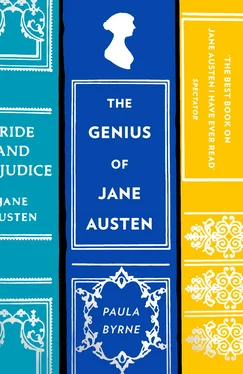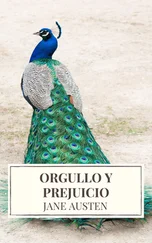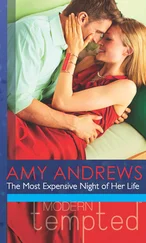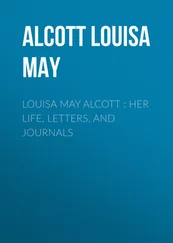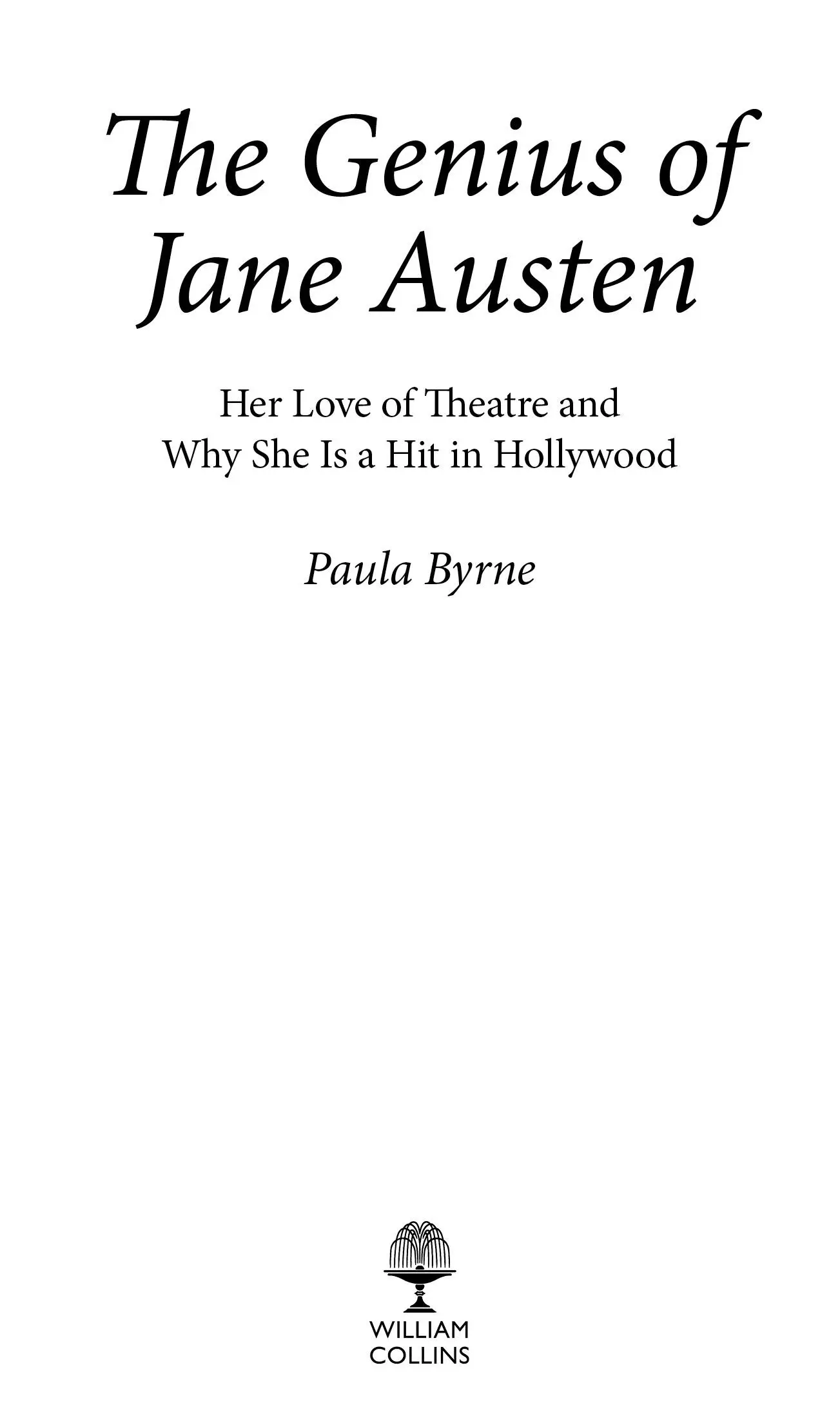
William Collins
An imprint of HarperCollins Publishers
1 London Bridge Street
London SE1 9GF
www.WilliamCollinsBooks.com
This eBook first published in Great Britain by William Collins in 2017
Copyright © Paula Byrne 2002, 2017
Cover design by Heike Schüssler
Paula Byrne asserts the moral right to be identified as the author of this work
A catalogue record for this book is available from the British Library
All rights reserved under International and Pan-American Copyright Conventions. By payment of the required fees, you have been granted the non-exclusive, non-transferable right to access and read the text of this e-book on-screen. No part of this text may be reproduced, transmitted, down-loaded, decompiled, reverse engineered, or stored in or introduced into any information storage and retrieval system, in any form or by any means, whether electronic or mechanical, now known or hereinafter invented, without the express written permission of HarperCollins.
Source ISBN: 9780008225698
Ebook Edition © June 2017 ISBN: 9780008225674
Version: 2018-06-06
For Jonathan
Cover
Title Page
Copyright
Dedication
Foreword to the New Edition
Acknowledgements
Abbreviations
Introduction
Part One: The Novelist and the Theatre
1 Private Theatricals
2 The Professional Theatre
3 Plays and Actors
Part Two: The Theatre and the Novels
4 Early Works
5 From Play to Novel
6 Sense and Sensibility
7 Pride and Prejudice
8 Lovers’ Vows
9 Mansfield Park
10 Emma
11 Why She Is a Hit in Hollywood
List of Illustrations
Picture Section
Notes
Bibliography
Index
Also by Paula Byrne
About the Author
About the Publisher
Foreword to the New Edition
Fifteen years ago, I published Jane Austen and the Theatre , a book whose central argument was that Austen’s comic genius was shaped by her love of theatre. Mansfield Park was the first Austen novel I read, and, like many readers, I was intrigued by the spectacle of the amateur theatricals at the heart of the plot. Stuck in the country and bored to death, the young people decide to stage a play. But, as with Hamlet’s ‘play-within-the-play’, the production is riddled with double meanings, intrigue and alarming consequences.
It seemed to me then, and does so now, that Austen’s play-within-a-novel operates as a wonderful vehicle for exploring illicit flirtations between the young people, especially in the absence of a reliable chaperone. The play Lovers’ Vows works as a meta-text for exploring important relationships between the characters. Edmund Bertram, the pious, shy clergyman, who is in love with a gorgeous, witty femme fatale , Mary Crawford, undertakes to play the part of a pious, shy clergyman who is seduced by a gorgeous, witty femme fatale , played by Mary Crawford. So many plot parallels, intrigues, allusions, moments of drama are contained in the amateur theatricals episode, which dominates the first quarter of the novel.
The play comes to a sticky end, and gives the reader one of the funniest moments in Austen’s canon (and, incidentally, the only moment in Austen without a woman present), when the master of the household, Sir Thomas Bertram, returns from his slave plantations in Antigua to find himself on a stage next to a ranting young actor, who is a complete stranger to him. It’s a beautifully orchestrated, highly comic scene, which humiliates Sir Thomas, giving him grave grounds for concern about the conduct of his children. His revenge is to burn all the unbound copies of the play. But the flirting doesn’t stop.
Nevertheless, I was puzzled by the critical consensus, which, following the influential critic Lionel Trilling, took the view that the Lovers’ Vows debacle meant that Jane Austen morally disapproved of theatre. Because Sir Thomas and the heroine, Fanny Price, disapprove of the play, then this must mean that Austen did too. This made no sense to me in the light of her letters and her other novels, which contain copious allusions to the theatre and to playwrights, from Shakespeare to Sheridan. Jane Austen wrote plays as a child and acted in amateur theatricals at home. She herself was said to be a fine actor, and played the part of Mrs Candour in Sheridan’s The School for Scandal with great aplomb.
Furthermore, it seemed to me that a writer with such comic gifts (often overlooked in the pursuit of the romantic courtship and marriage plot) owed a debt to the plays she watched and read. This book is my attempt to redress that misconception and to examine the roots of Austen’s comic genius. Her love for Shakespeare is well known (she pays tribute to him in Mansfield Park ), but she also loved farce and comedies, especially those of now largely forgotten female dramatists, such as Hannah Cowley and Elizabeth Inchbald.
Some years ago, the book went out of print, partly the consequence of being with a small publishing house that no longer exists. Many of my readers have, over the years, expressed interest in the book, which was so generously reviewed. The bicentenary of the death of Jane Austen (2017) seemed to William Collins, the loyal publisher of my five subsequent books, a very good moment to reissue the book, with a new title and new material, as a companion to my full-scale biography The Real Jane Austen: A Life in Small Things .
The extra chapter takes a distinctive look at Austen in Hollywood, exploring a number of stage and film adaptations, from A. A. Milne (creator of Winnie-the-Pooh ) to Whit Stillman, who recently adapted the juvenilia for the silver screen. The vogue for stage adaptations of the novels began in the early 1930s, but the explosion of interest in recent years has seen her novels refashioned, reworked and updated on stage, on screen and in the ever-expanding world of the Internet.
Fascination with Jane Austen does not wane. The bicentenary witnesses the appearance of her image on the ten-pound banknote. There are exhibitions about her life and work in Hampshire, where she was born and where she died. But the popular image of her is too often that of a novelist interested only in romance and marriage. Of course marriage is the traditional endpoint of comedy, but what really interested Austen were the misunderstandings and incongruous encounters along the way, not the happy ending. This book is an attempt to place Jane Austen where she properly belongs: alongside Shakespeare as one of the world’s greatest comic writers. It was conceived as a love letter to the comic theatre of the late eighteenth and early nineteenth centuries, which I began to explore twenty years ago during a magical year in the incomparable setting of the Huntington Library in Los Angeles. While I was there, I regularly crossed town to Pasadena, Burbank, Hollywood and Westwood, in order to watch the latest movie releases. Among them were Emma Thompson’s sparkling Sense and Sensibility and Roger Michell’s tender, sombre Persuasion . Then there came a day when my partner said that he was going to take me to a teen movie called Clueless that was set in Beverly Hills. He was a Shakespeare scholar, also researching in the Huntington, so this seemed a very peculiar choice – until five minutes into the film, when I realised what was going on. I leant over and whispered, ‘She’s Emma, isn’t she?’ Since the film did not explicitly acknowledge at any point that it was a reworking of Emma , I think he was rather impressed that I worked it out so quickly. Perhaps that was why, soon after, he asked me to marry him.
Читать дальше
